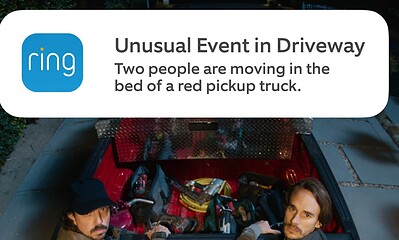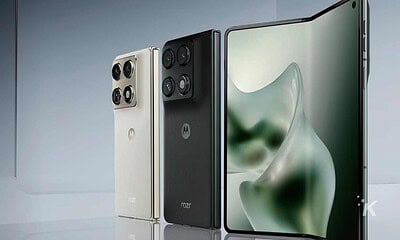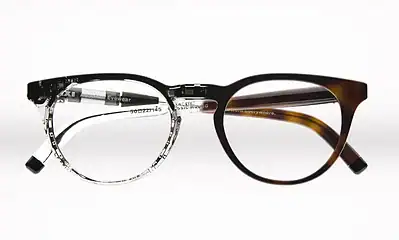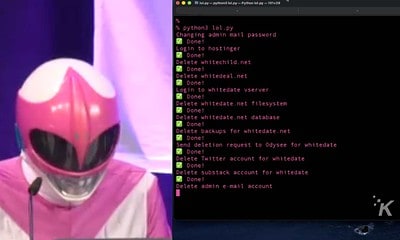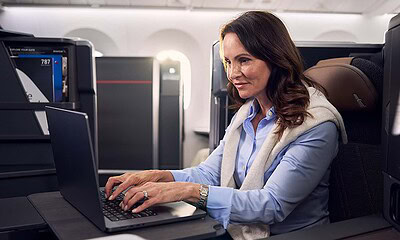News
Shopkeepers will soon be using facial recognition software to identify your thieving ass
“Every move you make, every step you take, they’ll be watching you.”
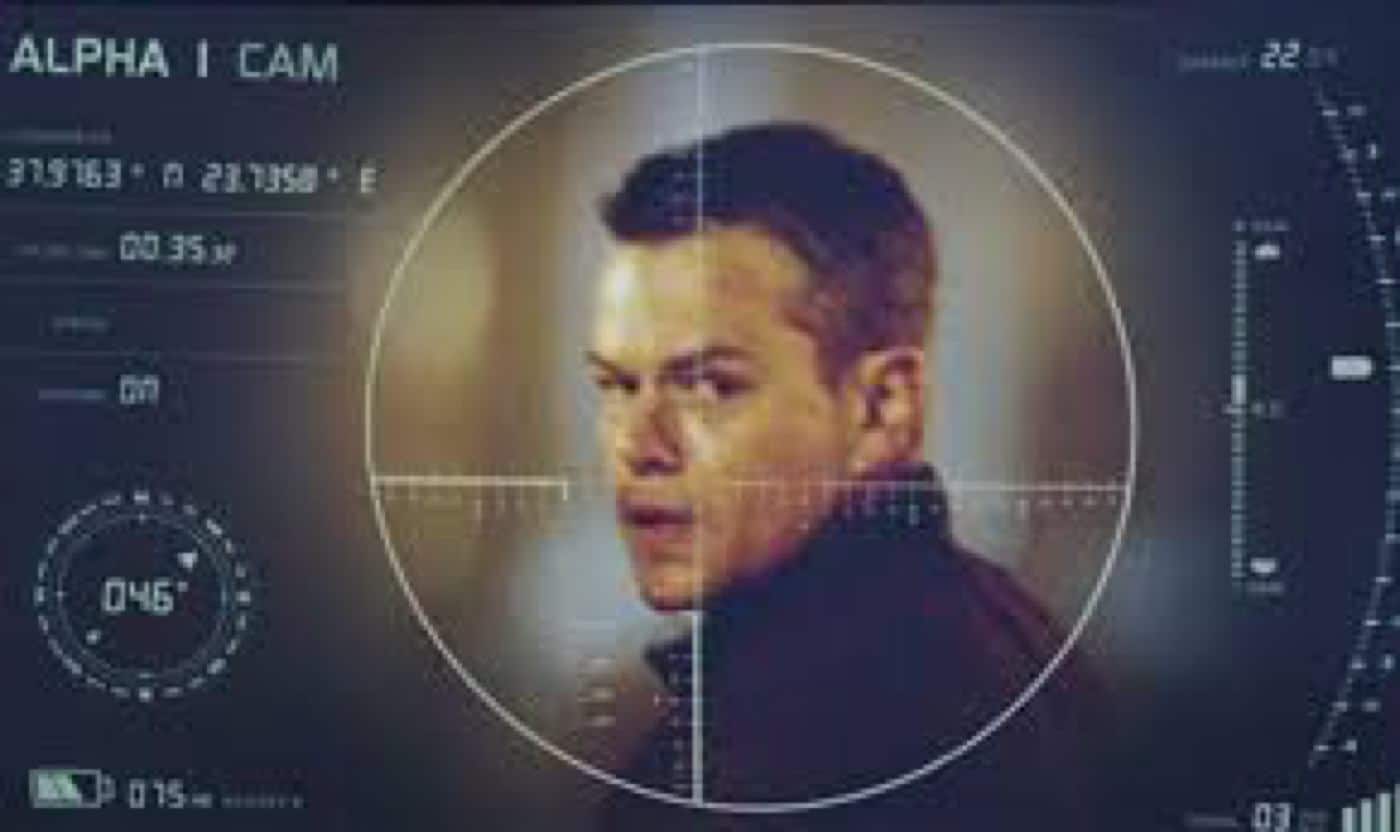
Just a heads up, if you buy something through our links, we may get a small share of the sale. It’s one of the ways we keep the lights on here. Click here for more.
Though once just a plot device used in corny action movies, it looks like facial recognition software is coming to every grocery store, bodega, and five-and-dime on your block. That means bad news for those of us who enjoy the occasional five-finger discount…or just happen to look like someone who does.
According to a recent report by CNET, the use of facial recognition technology in everything from concert venues to convenience store security cameras has seen a dramatic rise over the past few years, with revenue from it expected to reach $10 billion by 2025. Unfortunately for those of us clinging to the last semblance of our privacy, there is next to no regulation regarding the legality of its usage currently in place.
Without any legal restrictions, companies can use facial recognition without limits. That means being able to log people’s faces without telling customers their data is being collected.
Two facial recognition providers told CNET that they don’t check on their customers to make sure they’re using the data properly. There are no laws requiring them to.
So essentially, when we’re not having our license plates scanned by our neighbors or our data sold to the highest bidder on Facebook, we’ll be having our picture blasted in every Kwik-E-Mart in the country so that the freezers therein can serve us targeted ads for Red Bull. That candy bar you stole from a gas station when you were 10? It’ll soon get you banned from Sunoco under the sun.
“Unless we really rein in this technology, there’s a risk that what we enjoy every day — the ability to walk around anonymous, without fearing that you’re being tracked and identified — could be a thing of the past,” said Neema Singh Guliani, the American Civil Liberties Union’s senior legislative counsel.
Zero regulation, zero responsibility
The obvious solution to this dilemma is of course, “don’t steal sh*t,” but the reality is a bit more complicated than that. For starters, even the most advanced facial recognition software in the world is not without its (major, major) flaws. Secondly, zero regulation means there’s nothing to stop, say, the police from tracking a certain person’s whereabouts without a warrant.
“If they’re using it for when you’re shopping or driving through the Holland Tunnel for your daily commute, what happens when law enforcement wants to tap into all of those systems and use them for recording?” said Jake Laperruque, a senior counsel at the Constitution Project.
In short, we’ll soon be living in a reality where we’re all Jason Bourne, only the person tracking us is the manager of our local Applebee’s (who is goth).
Have any thoughts on this? Let us know down below in the comments or carry the discussion over to our Twitter or Facebook.
Editors’ Recommendations:
- Those selfies you uploaded to Flickr are probably being used to train facial recognition systems
- Facial recognition was used to keep tabs on stalkers at a Taylor Swift concert
- Facial recognition software at Washington Dulles Airport has nabbed its first arrest
- Chinese school uses facial recognition to narc out kids who aren’t paying attention
- Facial recognition helped catch a wanted criminal attending a concert














